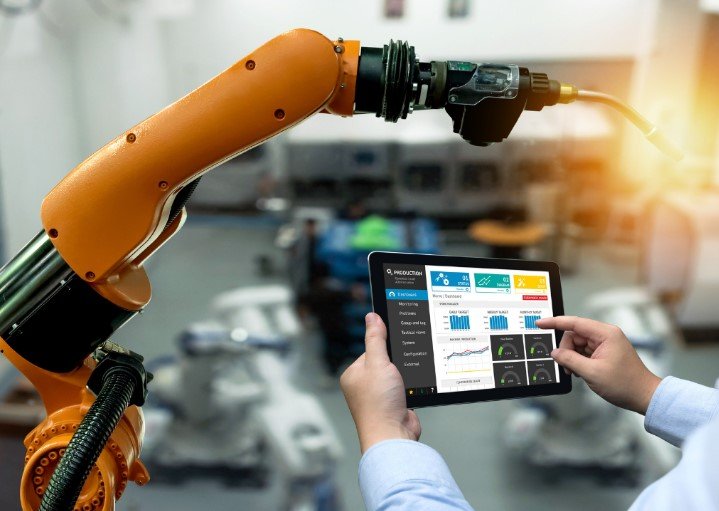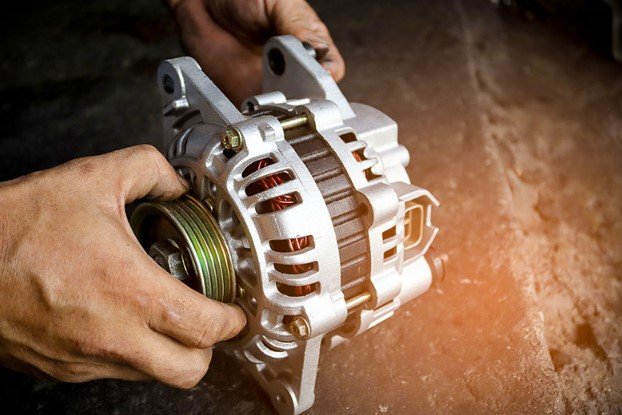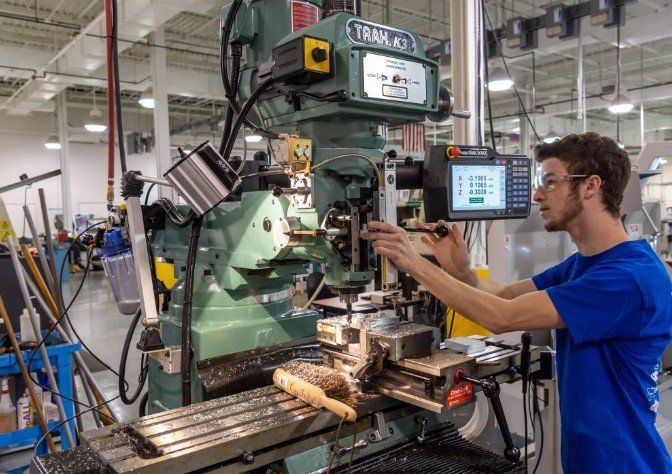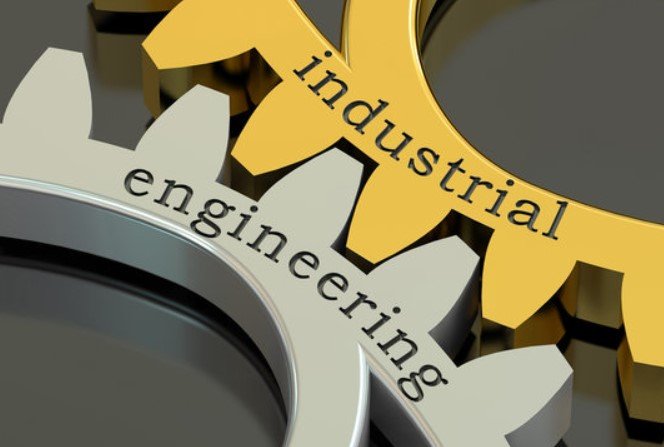
Engineering and Manufacturing: Innovating the Future

In today’s rapidly evolving world, the synergy between engineering and manufacturing plays a pivotal role in driving innovation, economic growth, and societal advancement. From the inception of an idea to the creation of a tangible product, engineering and manufacturing are intertwined, shaping the way we live, work, and interact with the world around us.
The Role of Engineering in Manufacturing
Engineering in manufacturing encompasses a broad spectrum of disciplines and methodologies aimed at optimizing production processes, enhancing product quality, and minimizing costs. Whether it’s designing efficient production systems, developing cutting-edge materials, or implementing advanced automation technologies, engineering serves as the cornerstone of modern manufacturing.
Evolution of Engineering and Manufacturing
The journey of engineering and manufacturing dates back centuries, marked by significant milestones and breakthroughs that have revolutionized industries and transformed societies. From the industrial revolution to the digital age, the relentless pursuit of innovation has propelled the field forward, ushering in an era of unprecedented possibilities and opportunities.
Challenges in Engineering and Manufacturing
Despite its transformative potential, the engineering and manufacturing landscape is not without its challenges. Technological complexities, economic uncertainties, and environmental concerns pose formidable obstacles that must be addressed through concerted efforts and innovative solutions.
Trends in Engineering and Manufacturing
Amidst the challenges, several key trends are shaping the future of engineering and manufacturing. Automation and robotics are revolutionizing production processes, while sustainable manufacturing practices are gaining traction in response to environmental imperatives. Furthermore, digitalization and the advent of Industry 4.0 are ushering in a new era of interconnectedness and efficiency.
Importance of Skilled Workforce in Engineering and Manufacturing
At the heart of engineering and manufacturing are skilled professionals equipped with the knowledge, expertise, and ingenuity to drive progress and innovation. From engineers and technicians to researchers and designers, a diverse workforce is essential for tackling complex challenges and seizing opportunities in a rapidly evolving landscape.
Collaboration and Integration in Engineering and Manufacturing
In an increasingly interconnected world, collaboration and integration are key drivers of success in engineering and manufacturing. By fostering interdisciplinary partnerships and integrating supply chains, organizations can harness collective expertise and resources to achieve shared goals and objectives.
Future Outlook of Engineering and Manufacturing
As we look ahead, the future of engineering and manufacturing holds immense promise and potential. Emerging technologies such as additive manufacturing, artificial intelligence, and the Internet of Things are poised to redefine the boundaries of what’s possible, paving the way for unprecedented levels of innovation and progress.
Conclusion
In conclusion, engineering and manufacturing are not just industries but catalysts for change, driving innovation, prosperity, and sustainable development. By embracing technological advancements, fostering collaboration, and nurturing a skilled workforce, we can unlock the full potential of engineering and manufacturing to shape a better future for generations to come.
FAQs
- What is the significance of engineering in manufacturing?
- Engineering plays a crucial role in optimizing production processes, enhancing product quality, and driving innovation in manufacturing.
- What are some challenges facing the engineering and manufacturing industry?
- Challenges include technological complexities, economic uncertainties, and environmental concerns that require innovative solutions and concerted efforts.
- How are emerging technologies shaping the future of engineering and manufacturing?
- Emerging technologies such as automation, robotics, and digitalization are revolutionizing production processes and driving unprecedented levels of efficiency and innovation.
- What role does collaboration play in engineering and manufacturing?
- Collaboration fosters interdisciplinary partnerships and supply chain integration, enabling organizations to leverage collective expertise and resources for shared success.
-
What skills are essential for a career in engineering and manufacturing?
- Essential skills include technical expertise, problem-solving abilities, creativity, and adaptability to navigate the evolving landscape of engineering and manufacturing.



